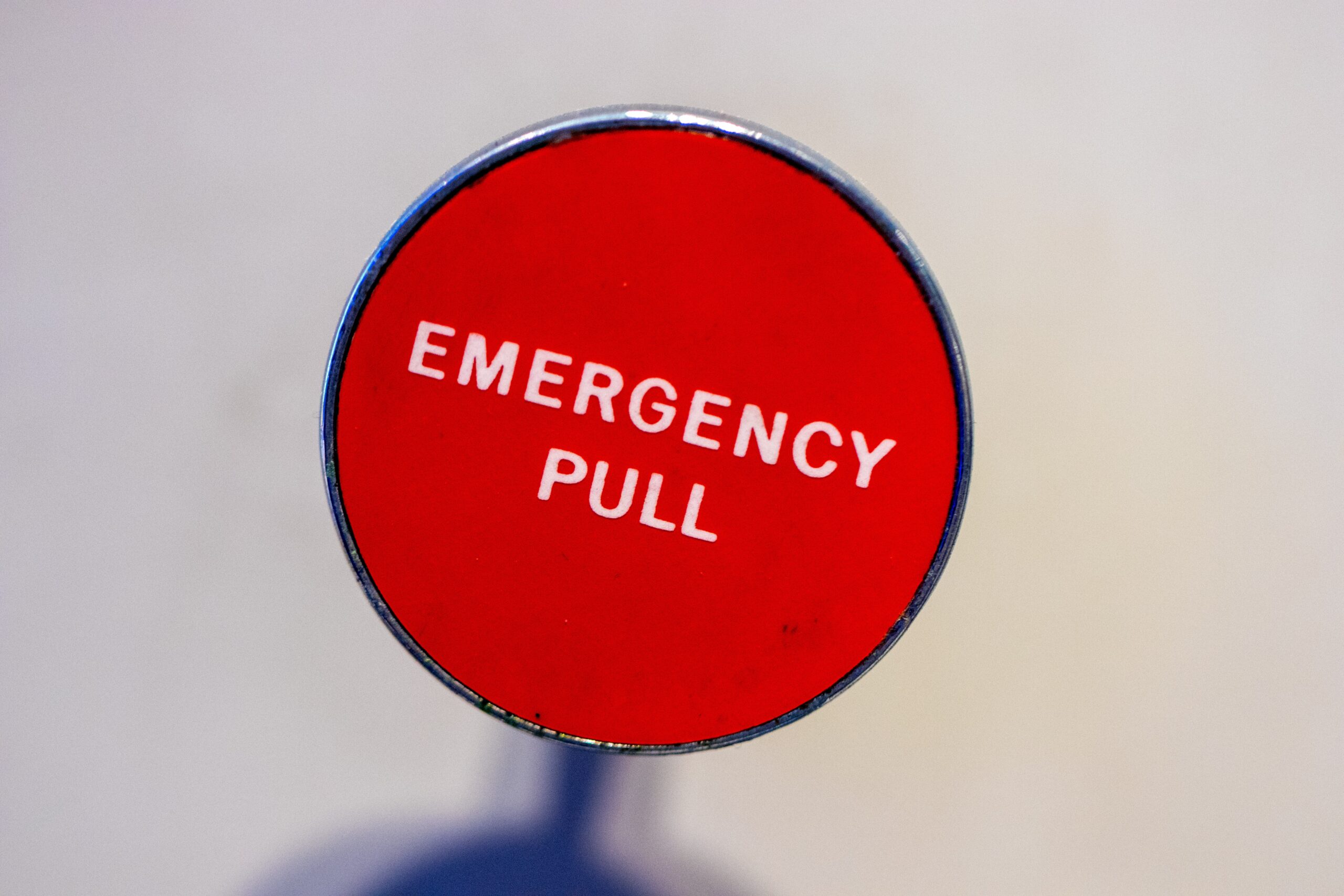And building one will actually make your company stronger
What would you do if your company experienced a security breach right now? What would you tell your clients and employees? What if a board member created a storm with a questionable tweet or an executive was accused of harassment? How would you handle the media? What would you say to the public? Who would even make those decisions?
It’s hard to believe any company made it through 2020 without a crisis plan, but the truth is 2 out 5 companies don’t have one, and 95% of business leaders say their crisis management capabilities need improvement.
And while a good crisis plan includes both operational and communications responses, most companies that have a crisis plan ignore the communications part altogether.
In today’s digital world a crisis can go from 0 to “cancel” in just hours. Building a crisis plan without a communications strategy is not to build one at all.
“There’s nothing quite like a crisis simulation to expose leaders to the existential threat of their own decision paralysis.”
The good news is that there are some real benefits for crisis planning, even if you are lucky enough to never have to deploy one.
For one thing, the exercise of crisis planning forces you (and your leaders) to address tough questions about real threats to your business. A thorough risk assessment will expose vulnerabilities early so you can protect yourself. Just knowing where you need extra support will help ensure you are making smarter business and investment decisions for the future.
Additionally, the planning process will encourage executive alignment on a company or firm’s position on critical issues. That’s especially important in partner-based organizations like a law firm, which lead by committee. There’s nothing quite like a crisis simulation to expose leaders to the existential threat of their own decision paralysis.
Of course, you can’t anticipate every possible scenario that could lead to a crisis. Trust us, we’ve tried. But knowing the scenarios that are most likely and most damaging to your business is important. And planning for them gives you the skills and understanding as a leadership team to handle disasters you didn’t anticipate. Even in a totally unexpected situation, once you’ve been through planning, you know what it takes to get the job done, and what’s at stake if you fail.
Odds are you’ll need a plan. So make it a priority and start today.

